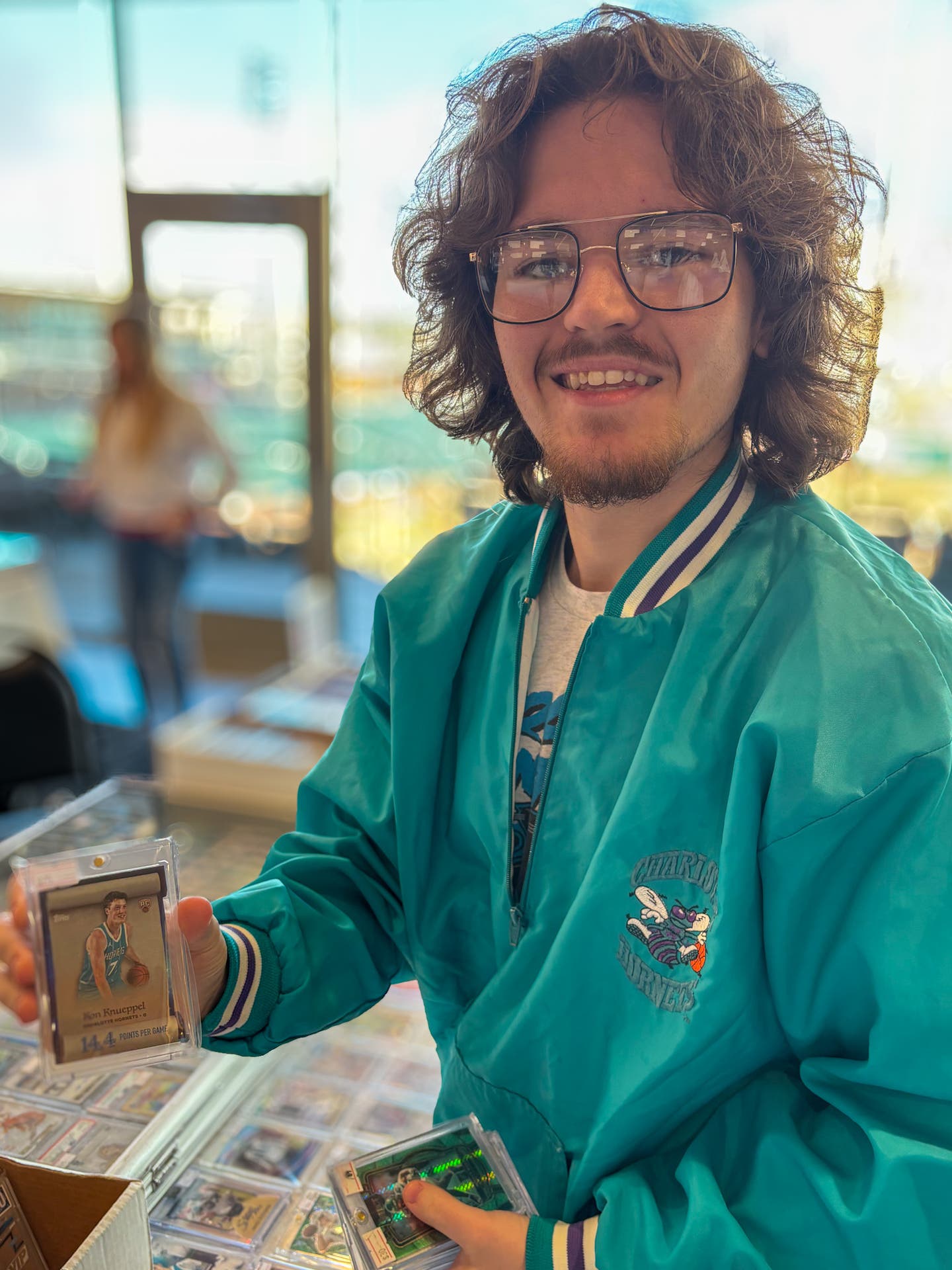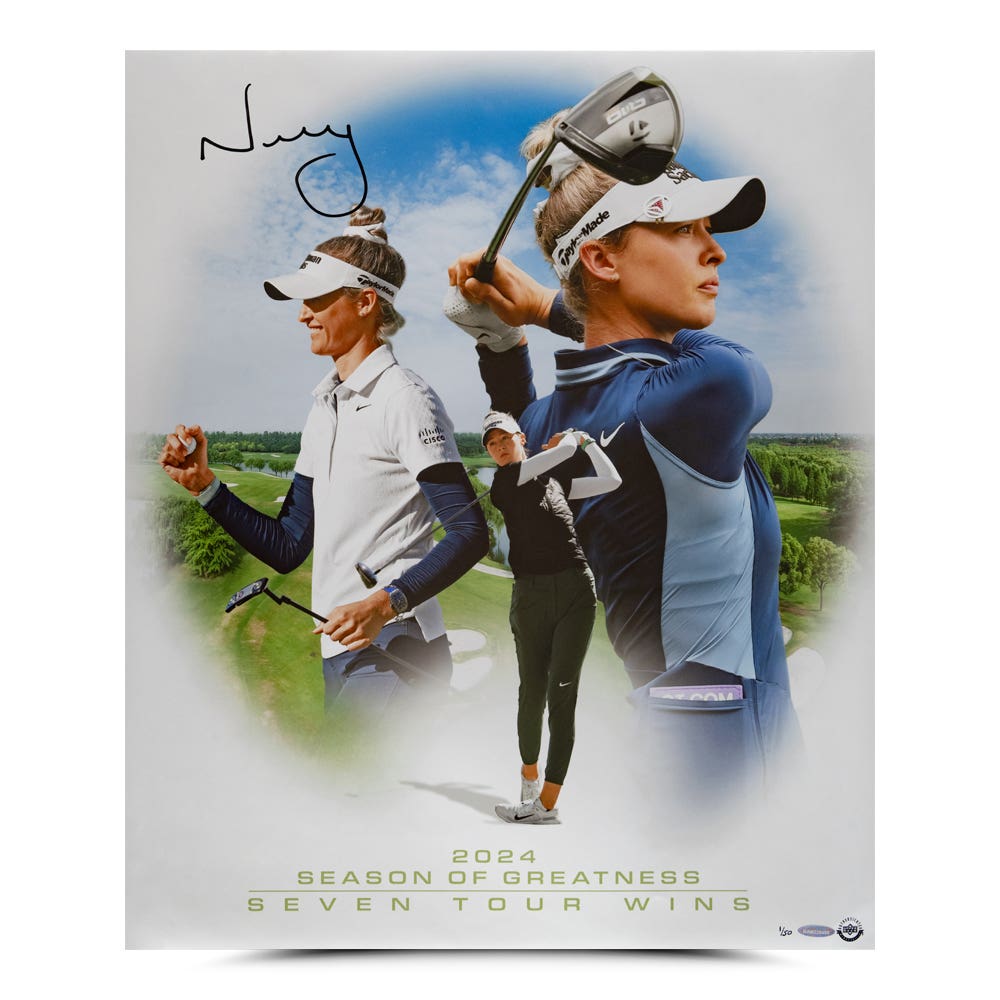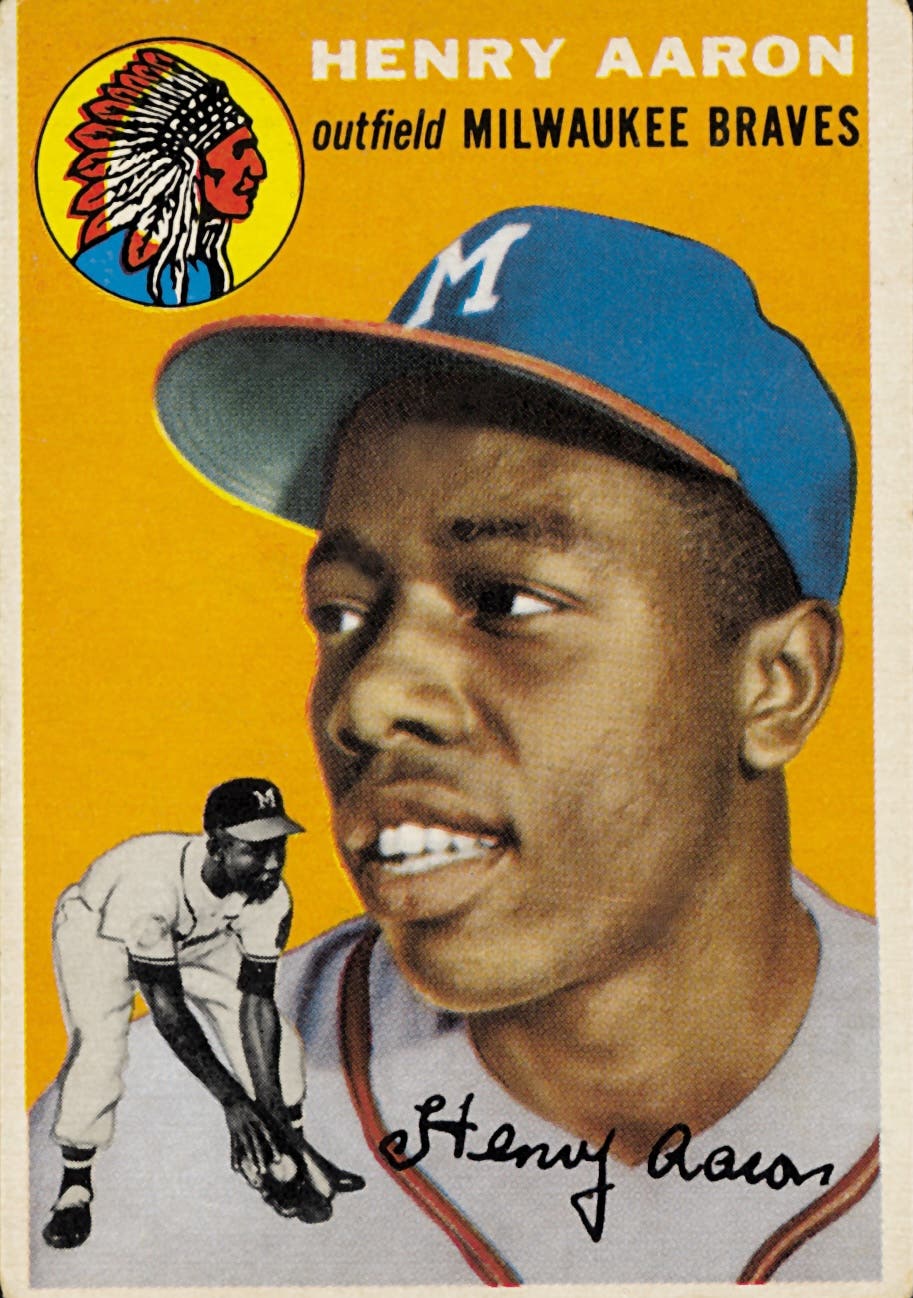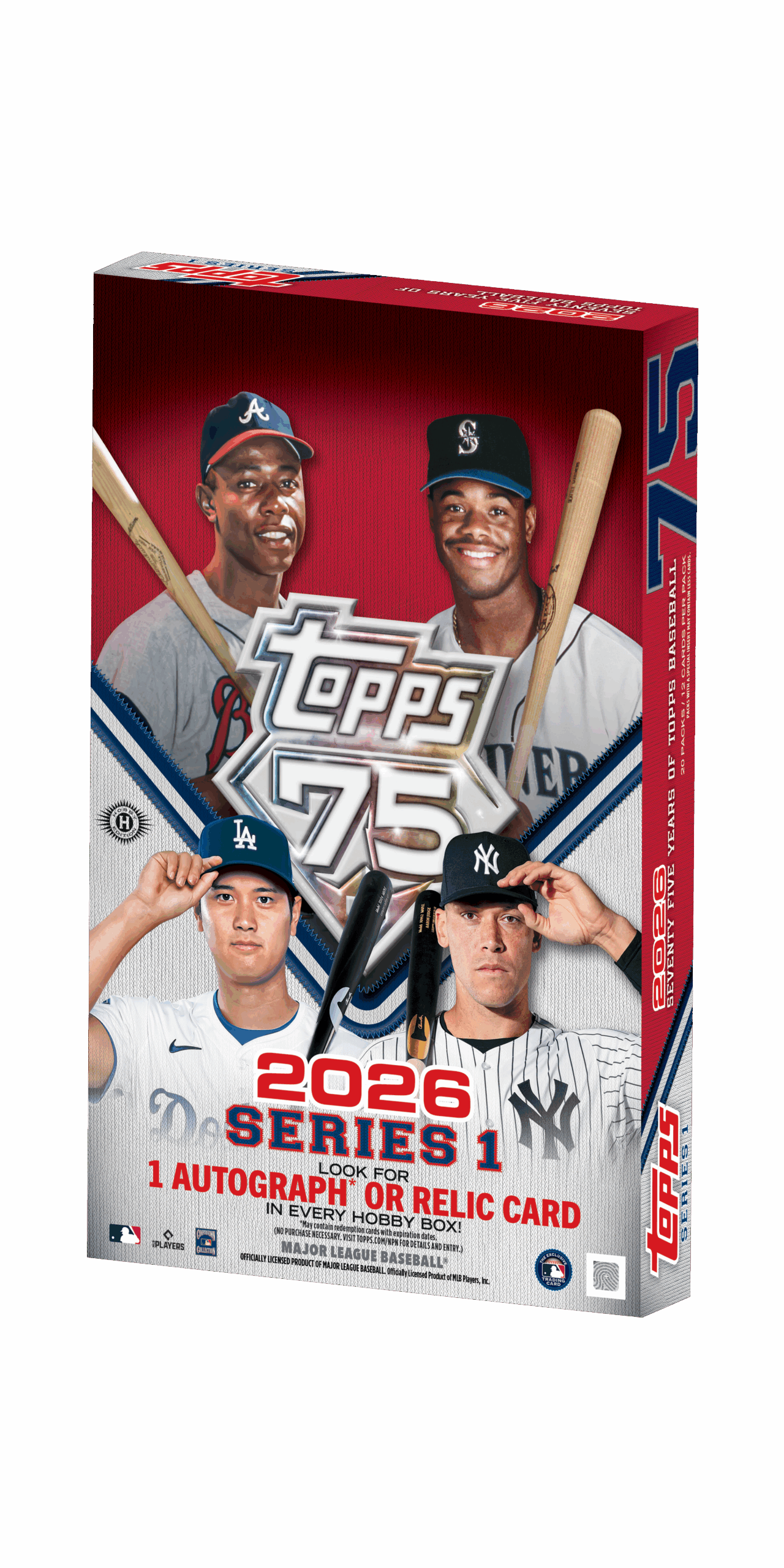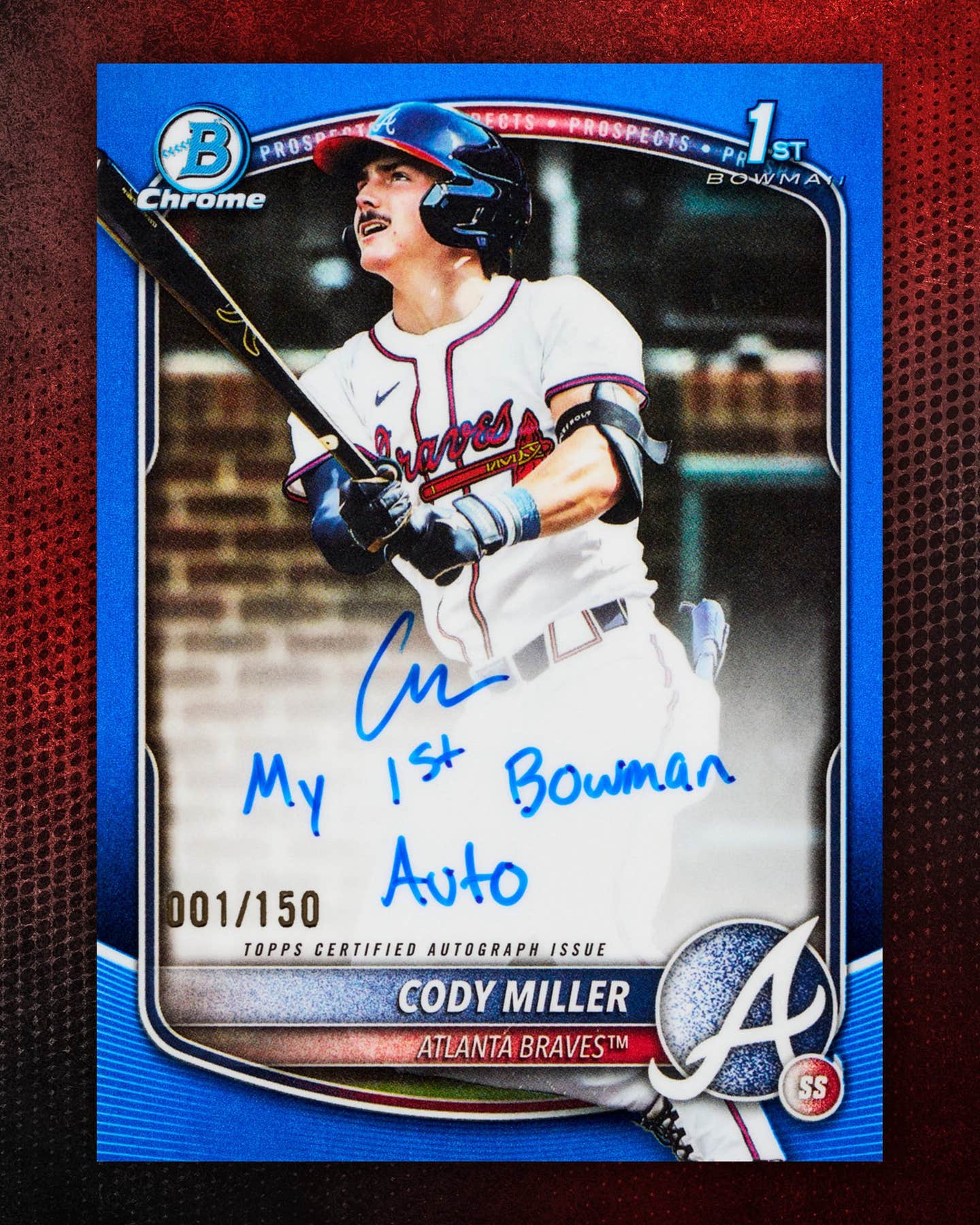Cards
Nate Archibald had plenty of success on the court during his Hall of Fame career
The New York native shot his way into the Basketball Hall of Fame with an NBA career that included one championship (1981), six All-Star seasons, the 1973 scoring title and assists leader, and a spot on the NBA’s 50th Anniversary All-Time Team.
But it’s life off the court that Nate ‘Tiny’ Archibald now prefers to talk about.
Specifically, education.
“I was blessed that I got the chance to play, that someone recognized a talent that I didn’t see,” said Archibald, who was a second-round draft pick in 1970 by the Cincinnati Royals. He remained in the NBA through 1984, playing for the Royals/Kansas City-Omaha Kings/Kansas City Kings; then the New York Nets, Boston Celtics and finally the Milwaukee Bucks. His career spanned 876 regular-season games in which he averaged 18.8 points, 7.4 assists and 2.3 rebounds per game.
“Kids today often feel that, if they don’t make it to the NBA, nothing can happen for them,” Archibald said. “But, if you go to school, you can fall back on something – not just your jump shot or your dunk. Getting an education, getting that (diploma) gives you the chance to put your foot in the door, somewhere. Without that (education), you’re in the same situation as someone with no degree.”
After all, Archibald admits, “I wasn’t a great student.”
He was, instead, a playground legend while growing up in the South Bronx. He played high school basketball for only one-and-a-half seasons, and was cut from the varsity squad at DeWitt Clinton High School as a sophomore.
He eventually developed into the team captain and an All-City selection in 1966.
He went to Arizona Western College, then transferred to the University of Texas at El Paso (UTEP) – and he played three seasons for the Miners, from 1967 to 1970, under Hall of Fame coach Don Haskins.
“The game of basketball brought me to a different height, a different level. The game of basketball grew on me as I was growing up,” he said. “People often think that, because you played in the NBA, it was a given. No, I had to work hard. I’m not that big, still not that big. What happened with me is something that’s happening with a lot of younger people now. I wasn’t gifted and talented; (rather), I was blessed that my mother and father kept me on the straight and narrow. They made me go to high school … and I became a great student-athlete.”
Archibald also earned a master’s degree from Fordham University in 1990 and a professional diploma in supervision and administration in 1994.
“I’m still aspiring to be a student, not (just) a student-athlete,” he said. “Being born and raised in New York, going to UTEP … I thought I was in a foreign country. Still, it was a blessing for me to go somewhere out of state because it gave me the chance to grow and it gave me the chance to live. I enjoyed it. (Playing in the Western Athletic Conference), the WAC, we went to places that some only see in books, (such as) the University of Hawaii, the University of Wyoming, BYU (in Salt Lake City). I had a great learning process.”
Archibald doesn’t deny his success it attributed to others, including his past coaches, such as Haskins, who Archibald tagged as “no nonsense.”
“(Haskins) wanted everyone to be a student-athlete, and that was tough because I wasn’t much of a student in high school. He made it a point that you were going to get your education, whether or not you played basketball,” Archibald said.
But yes, Archibald did play. And he played exceptionally well.
Archibald led the NBA in scoring and assists in the 1972-73 season, becoming the only player to win the titles in both categories in the same season. (In the 1967-68 season, Oscar Robertson led the NBA in points and assists per game, but did not win the titles because they were based on totals rather than averages at the time.)
His scoring average of 34 points per game broke the NBA record for a guard. His 910 assists that season (11.4 assists per game) was also an NBA record at the time, breaking Guy Rodgers’ mark of 908.
Archibald was traded from the Kings to New York for two draft picks and two players in 1976, then traded to Buffalo before the 1977-78 season, but due to an injury, he never played a regular-season game for the Braves, who traded him to the Boston Celtics as part of a seven-player deal before the start of the next season.
“People often think that (leading the league in scoring and assists) was something I (dreamed) of doing, but it wasn’t by design; I just went out there and played,” Archibald said. “I was a so-called floor-leader, scorer (and) passer. That year was not a year by design; I just tried to play my hardest and it happened.”
Team glory came Archibald’s way in 1981, when his Boston Celtics triumphed in the NBA Finals over Houston.
“We thought we were going to play the (Los Angles) Lakers (in the Finals), but instead it was the great Houston team – a team with one of my best friends, Tommy Henderson,” Archibald said.
So what about the modern NBA?
Well, Archibald is more in tune with today’s high school and college game. He admittedly doesn’t watch much NBA action until the playoffs, particularly, the NBA Finals.
“I really like talking to the high school players about being a student-athlete. I think that’s important,” Archibald said. “Their dream was like mine, and I see myself in them. And when I’m talking to them, it’s as if I’m talking to myself.
“The dream when I was in high school was to play in the NBA. They have that same dream today. But all of them will not play in the NBA. But if you’re a student-athlete, you’re giving yourself the chance to grow, to understand, to appreciate the game. And then you go on to college.
“I think the game is different today. Back in the day, you had specialty players – players who were just rebounders, etc. I think (today’s NBA) players are bigger, stronger and younger because they let them come out (of college) too early. I don’t think (today’s) players are conditioned and ready to play an NBA schedule. A college season is 20 or 30 games, whereas the NBA regular-season is 82 games, plus exhibition and playoffs.”
Archibald added, “Basketball helped me as a person; my education helped me more because, when I stopped playing, it gave me the chance to grow and see that, once you take the uniform off, you’re normal once again.”
Ross Forman is a freelance contributor to Sports Collectors Digest. He can be reached at Rossco814@aol.com.



